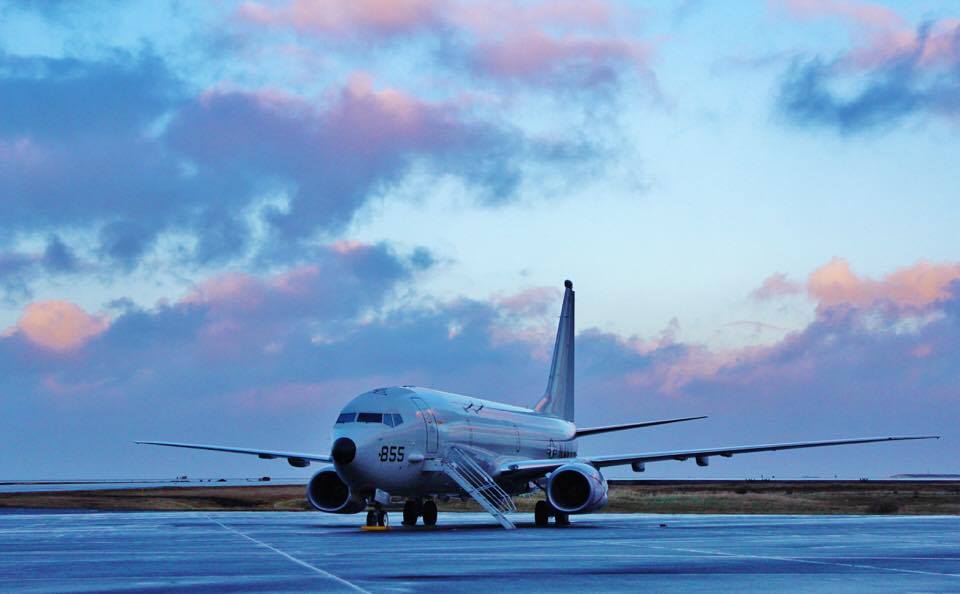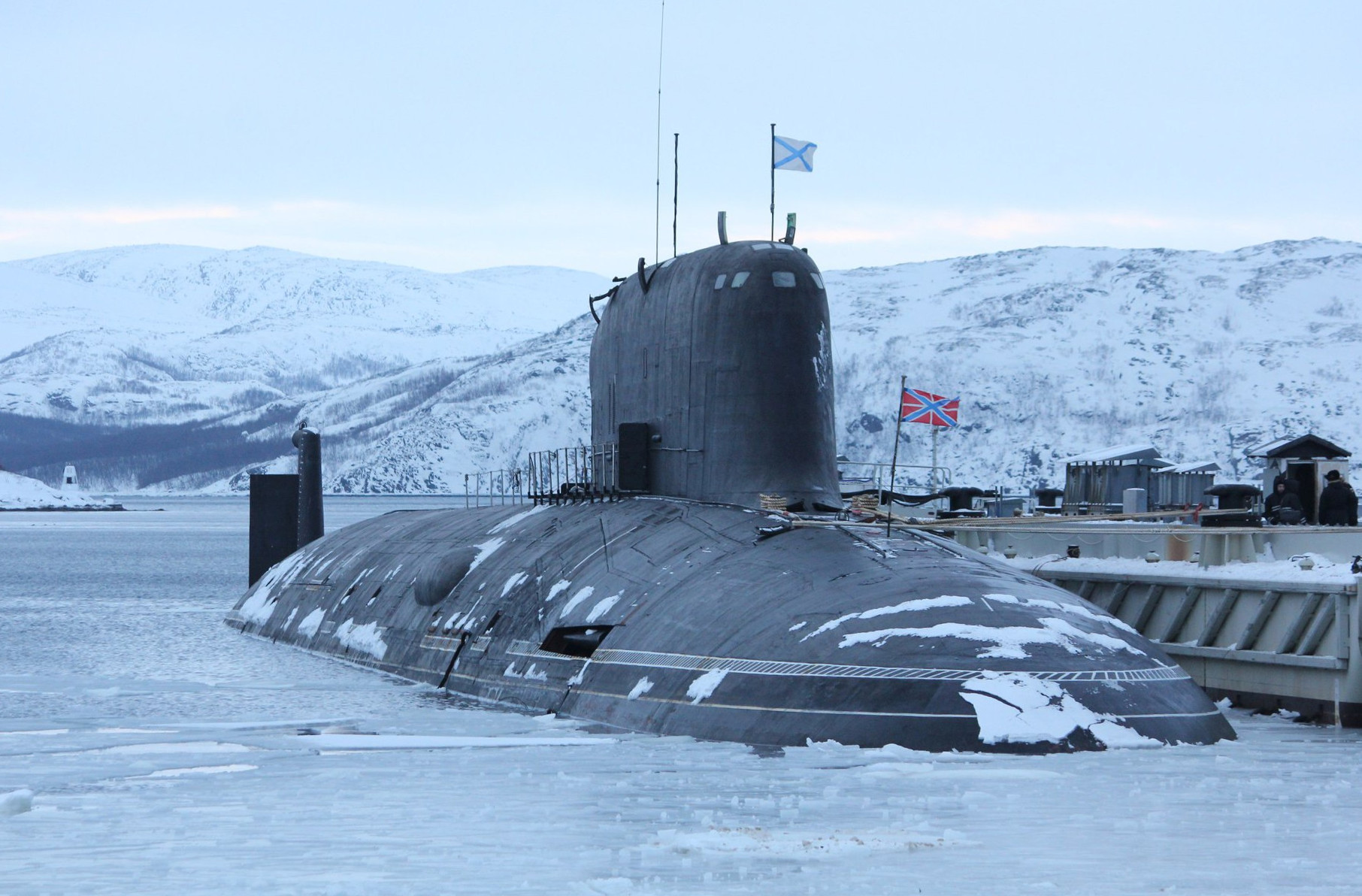
The head of naval forces in Europe warned that Russia is preparing an underwater battlespace in the Northern Atlantic and that U.S. naval presence is more important now than any time since the fall of the Soviet Union.
Adm. James Foggo said in the second episode of his “On the Horizon” podcast that Russia’s national security policy seems to be to challenge the U.S. and its allies, and the U.S. must do all it can to ensure a rules-based international order remains in the waters in and around Europe.
Foggo, who serves as commander of Allied Joint Force Command Naples, commander of U.S. Naval Forces Europe and commander of U.S. Naval Forces Africa, discussed how the European theater has evolved in recent years.
“Russia has renewed its capabilities in the North Atlantic and the Arctic in places not seen since the Cold War. For example, Russian forces have recently reoccupied seven for their former Soviet Union bases in the Arctic Circle,” he said.
“The improved capability of Russia to be able to project power into this region and these strategic routes from the Arctic into the North Atlantic and the GIUK Gap is something that we need to pay particular attention to.”
As for the technology the Russians are using, Foggo said “I think Russian submarines today are perhaps some of the most silent and lethal in the world, with the exception of our own – I think we still in the United States Navy hold the edge.” The Kalibr missiles that Russia has deployed from coastal defense systems, aircraft and submarines have “shown the ability to reach pretty much all the capitals in Europe from any of the bodies of water that surround Europe.”
“We know that Russian submarines are in the Atlantic, testing our defenses, confirming our command of the seas and preparing a very complex underwater battlespace to try to give them an edge in any future conflict. And we need to deny them that edge,” the admiral continued.
“So not only have Russia’s actions and capabilities increased in alarming and sometimes confrontational ways, its national security policy, I think, is aimed at challenging the United States and NATO, our allies and our partners. So I remain concerned about the potential for miscalculation – we shouldn’t ignore this – but the simple truth is that, as an alliance, NATO is stronger together.”

Foggo said in the podcast that naval forces are forward-deployed, making them the best able to provide the presence to reassure allies and “better postured to deal with and defend and maintain stability and security, and if necessary defeat any threat.”
He noted that carrier USS Harry S. Truman (CVN-75) and its escort ships are back in the North Atlantic and North Sea to participate in this effort, and “I couldn’t be more happy about that.”
Additionally, U.S. naval and joint forces are set to come together with allies and partners this month for one of the largest NATO exercises in decades. Trident Juncture 2018 will take place mostly in Norway and will rehearse how NATO and its partners would respond if Norway’s sovereignty were threatened.
Foggo, who will lead the exercise, said the exercise will include more than 40,000 personnel from 30 countries, with about 70 ships, 120 aircraft and 10,000 ground vehicles. He stressed the exercise will be defensive, transparent and proportionate to the threat that countries in Europe face. Particularly after Russia’s illegal annexation of Crimea, Foggo said it was important to hold Article 5 collective defense rehearsals to ensure all countries can come together effectively in that type of contingency.





